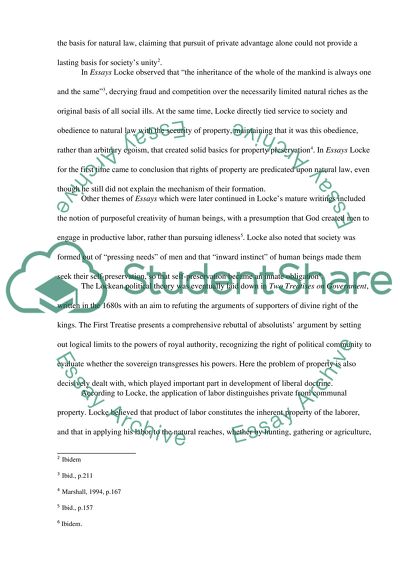Cite this document
(“Compare and contrast the two philosophers of politics: John locke and Term Paper”, n.d.)
Retrieved de https://studentshare.org/politics/1422993-compare-and-contrast-the-two-philosophers-of-politics-john-locke-and-thomas-hobbes
Retrieved de https://studentshare.org/politics/1422993-compare-and-contrast-the-two-philosophers-of-politics-john-locke-and-thomas-hobbes
(Compare and Contrast the Two Philosophers of Politics: John Locke and Term Paper)
https://studentshare.org/politics/1422993-compare-and-contrast-the-two-philosophers-of-politics-john-locke-and-thomas-hobbes.
https://studentshare.org/politics/1422993-compare-and-contrast-the-two-philosophers-of-politics-john-locke-and-thomas-hobbes.
“Compare and Contrast the Two Philosophers of Politics: John Locke and Term Paper”, n.d. https://studentshare.org/politics/1422993-compare-and-contrast-the-two-philosophers-of-politics-john-locke-and-thomas-hobbes.


